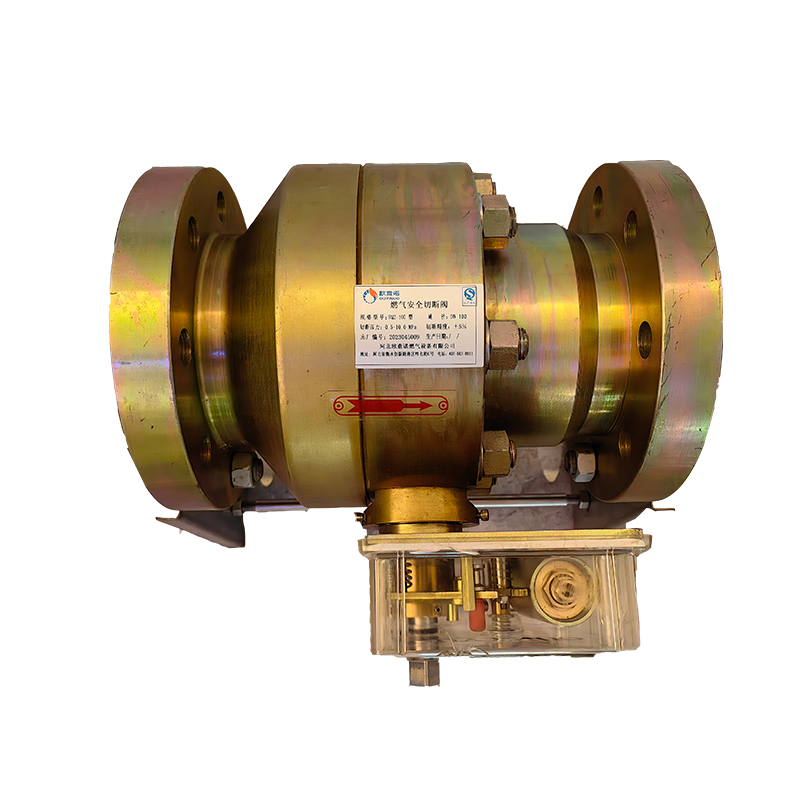
Nov . 26, 2024 10:06
Back to list
Gas Pressure Reduction Station Overview and Key Functions in Energy Infrastructure
Gas Pressure Reduction Stations An Essential Component of Energy Infrastructure
Gas pressure reduction stations (GPRS) play a critical role in the distribution and management of natural gas, which is an essential energy source for residential, commercial, and industrial applications. These stations are strategically located within the gas pipeline network to ensure that gas is delivered at safe and usable pressures to end-user consumers. This article explores the design, function, and importance of gas pressure reduction stations in today’s energy landscape.
Understanding Gas Pressure Reduction
Natural gas travels through pipelines at high pressures to ensure efficient transportation over long distances. However, once the gas reaches its destination—be it a city, an industrial facility, or a storage site—it must be reduced to a lower, more manageable pressure level suitable for consumption. This is where GPRS come into play. They serve as critical junctures in the gas supply chain, where high-pressure gas is reduced to lower pressures that can be safely utilized by customers.
Design and Functionality
A gas pressure reduction station typically consists of several key components pressure regulators, valves, metering equipment, and safety devices. The pressure regulators are the heart of the station, controlling the pressure levels of incoming gas and adjusting them to the desired output levels. Valves ensure that flow rates can be adjusted or completely shut off in the event of a fault or maintenance operation. Meanwhile, metering devices track the volume of gas flowing through the station, which is essential for billing and monitoring purposes.
.
Importance of Gas Pressure Reduction Stations
محطة تخفيض ضغط الغاز

1. Safety and Reliability GPRS ensure that gas is delivered to consumers at safe pressures, reducing the risk of explosions and leaks. By closely monitoring and controlling pressure levels, these stations contribute significantly to the overall safety of the natural gas supply chain.
2. Efficient Energy Distribution By managing pressure levels, GPRS facilitate the efficient distribution of natural gas. They enable the transition of high-pressure gas into usable gas supplies, whether for heating homes, fueling vehicles, or powering industrial processes.
3. Support for Renewable Energy Sources As the energy landscape evolves with increasing integration of renewable energy sources, the role of GPRS becomes even more critical. For instance, natural gas can serve as a backup for intermittent renewable sources like solar and wind. GPRS ensure that natural gas can be dispatched efficiently to balance demand when renewable output is low.
4. Economic Benefits Efficient gas distribution supported by GPRS can lead to cost savings for consumers and energy providers alike. By stabilizing pressure and flow, these stations help optimize the performance of gas appliances and systems, which in turn can lead to lower energy bills and reduced operational costs.
5. Environmental Impact Properly maintained GPRS minimize the risk of gas leaks, which can have detrimental environmental effects. By controlling emissions and promoting the efficient use of natural gas, pressure reduction stations can contribute to a greener energy future.
Conclusion
In summary, gas pressure reduction stations are vital components of the natural gas supply chain, ensuring the safe, efficient, and reliable distribution of gas to end users. As the world continues to seek cleaner and more efficient energy solutions, the importance of GPRS will only increase. They enable the transition towards a more sustainable energy future while maintaining the safety and reliability of our energy infrastructure. With ongoing advancements in technology and increased focus on safety and efficiency, GPRS will remain essential for the seamless operation of the natural gas industry.
Latest news
-
Safety Valve Spring-Loaded Design Overpressure ProtectionNewsJul.25,2025
-
Precision Voltage Regulator AC5 Accuracy Grade PerformanceNewsJul.25,2025
-
Natural Gas Pressure Regulating Skid Industrial Pipeline ApplicationsNewsJul.25,2025
-
Natural Gas Filter Stainless Steel Mesh Element DesignNewsJul.25,2025
-
Gas Pressure Regulator Valve Direct-Acting Spring-Loaded DesignNewsJul.25,2025
-
Decompression Equipment Multi-Stage Heat Exchange System DesignNewsJul.25,2025

